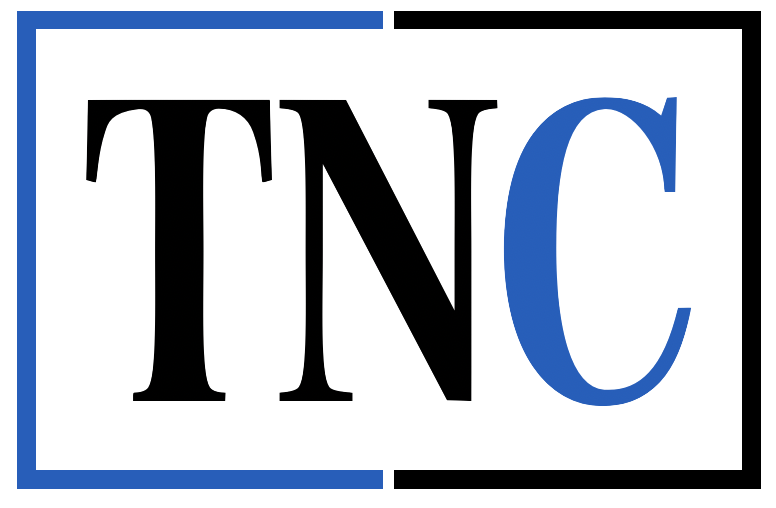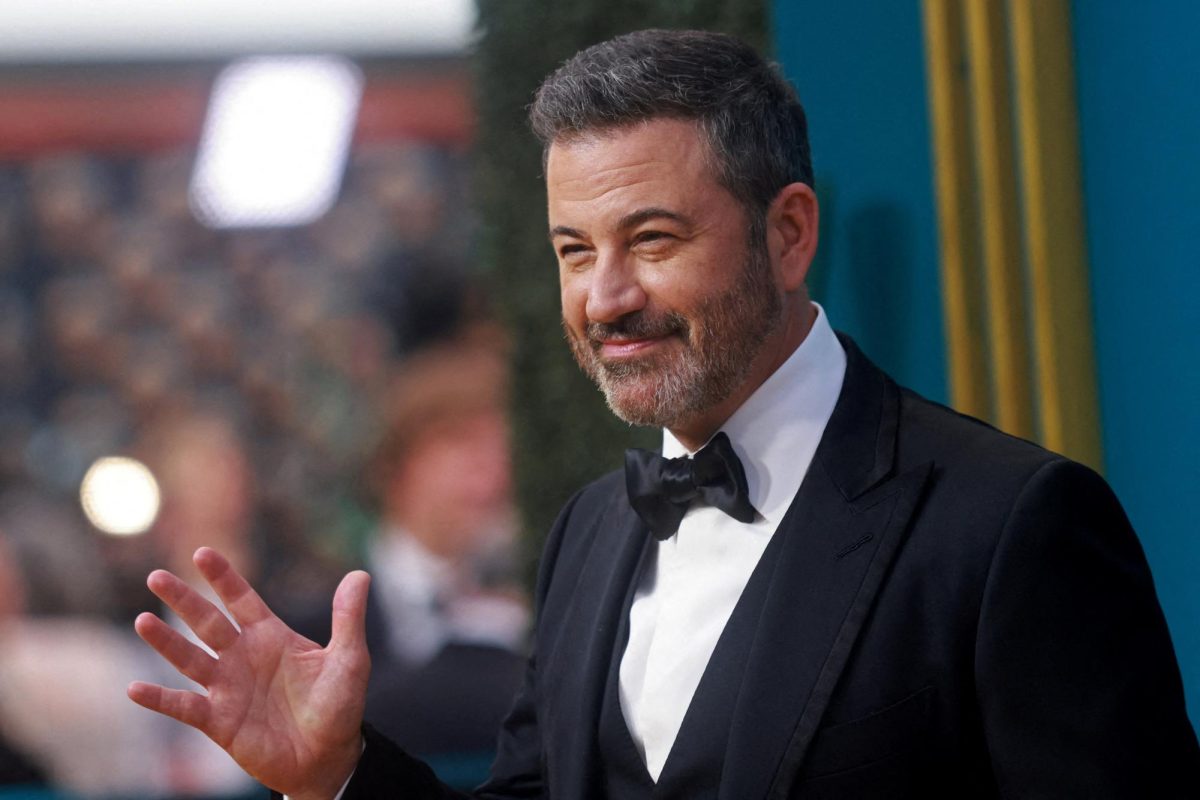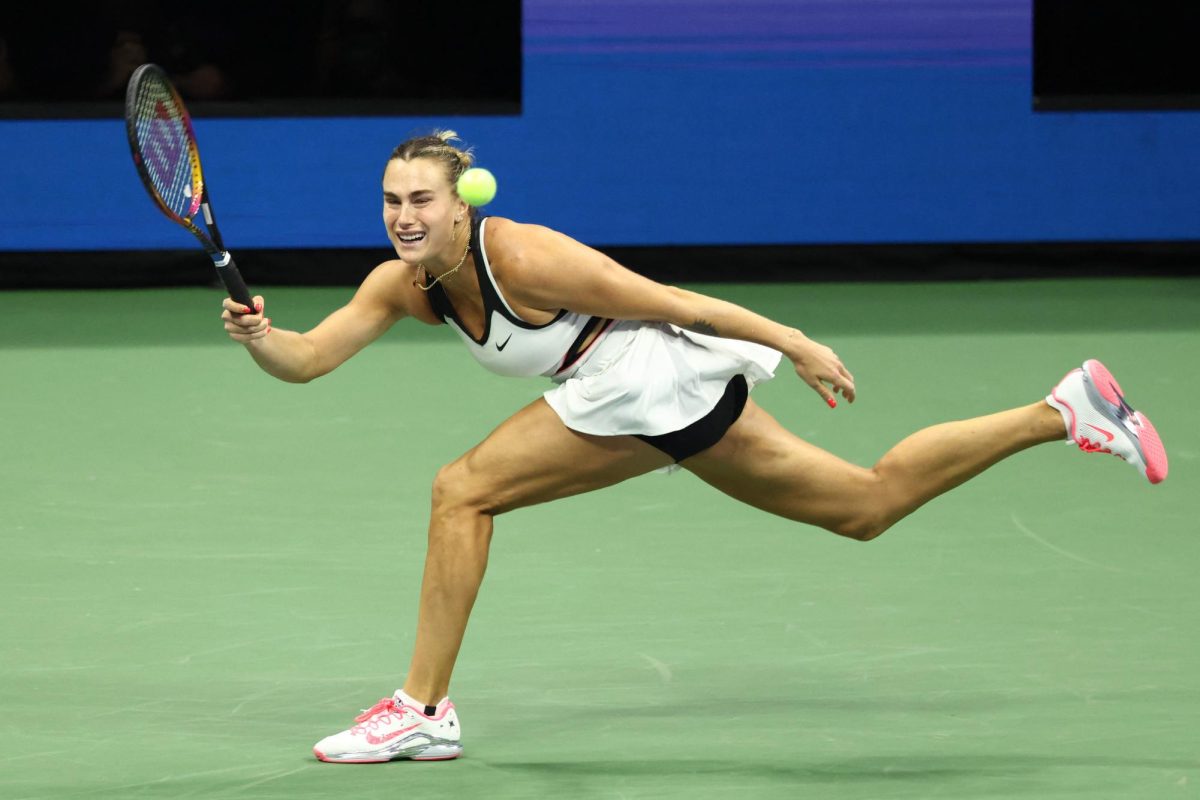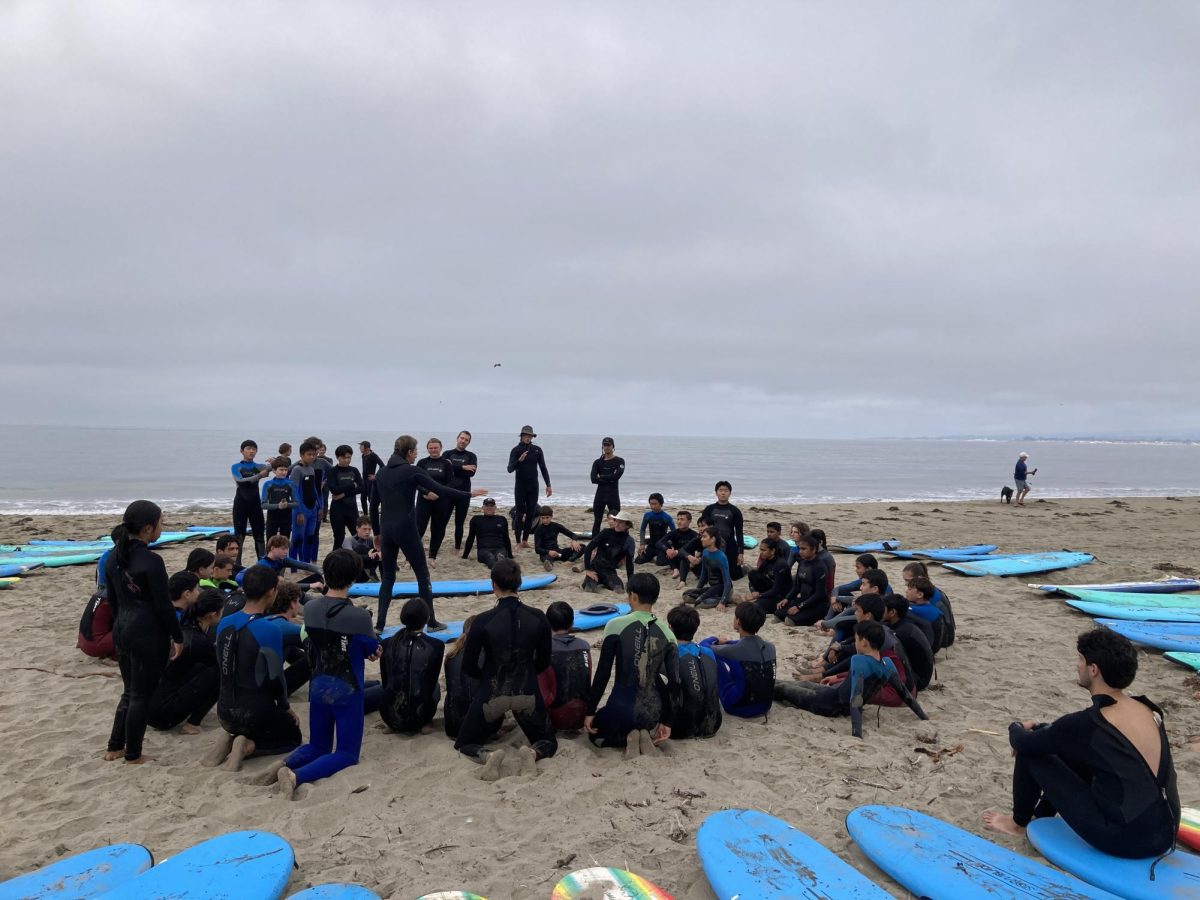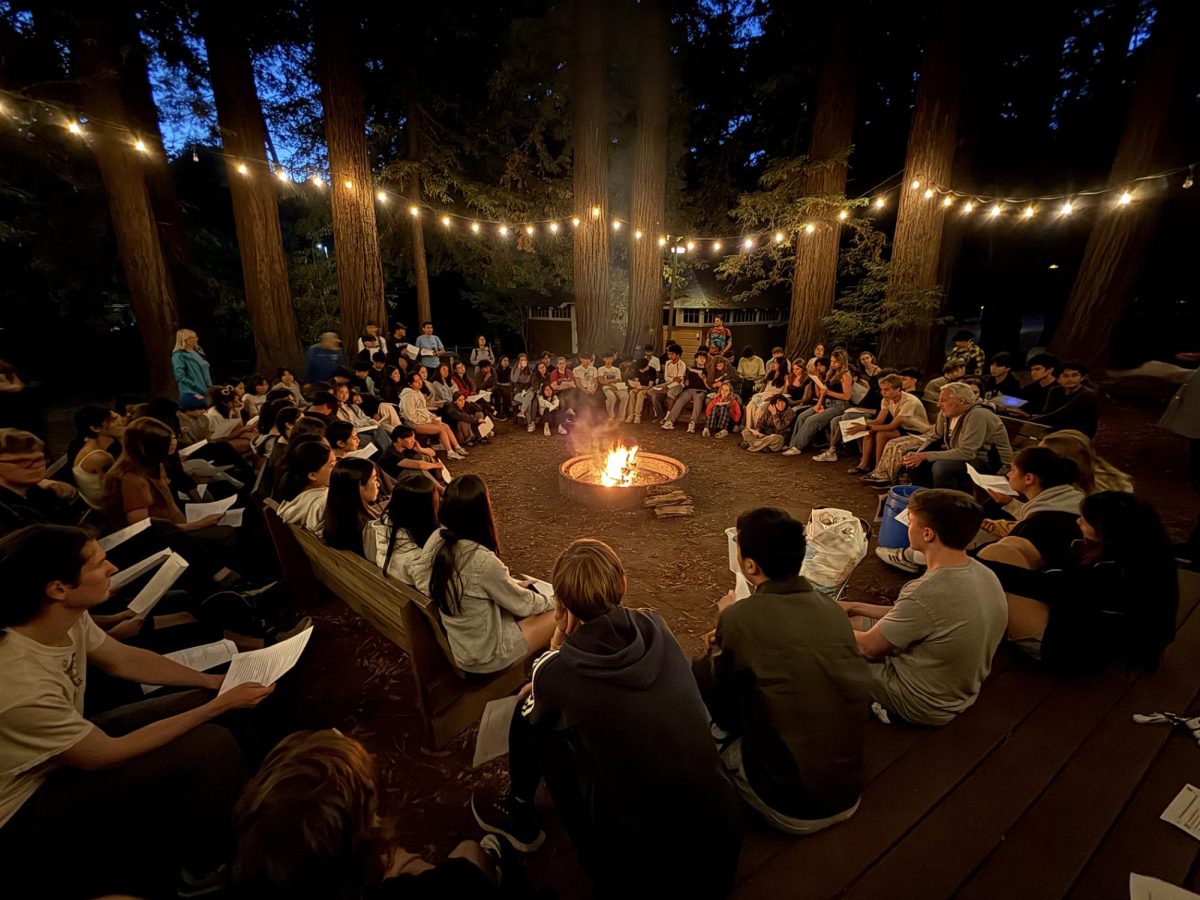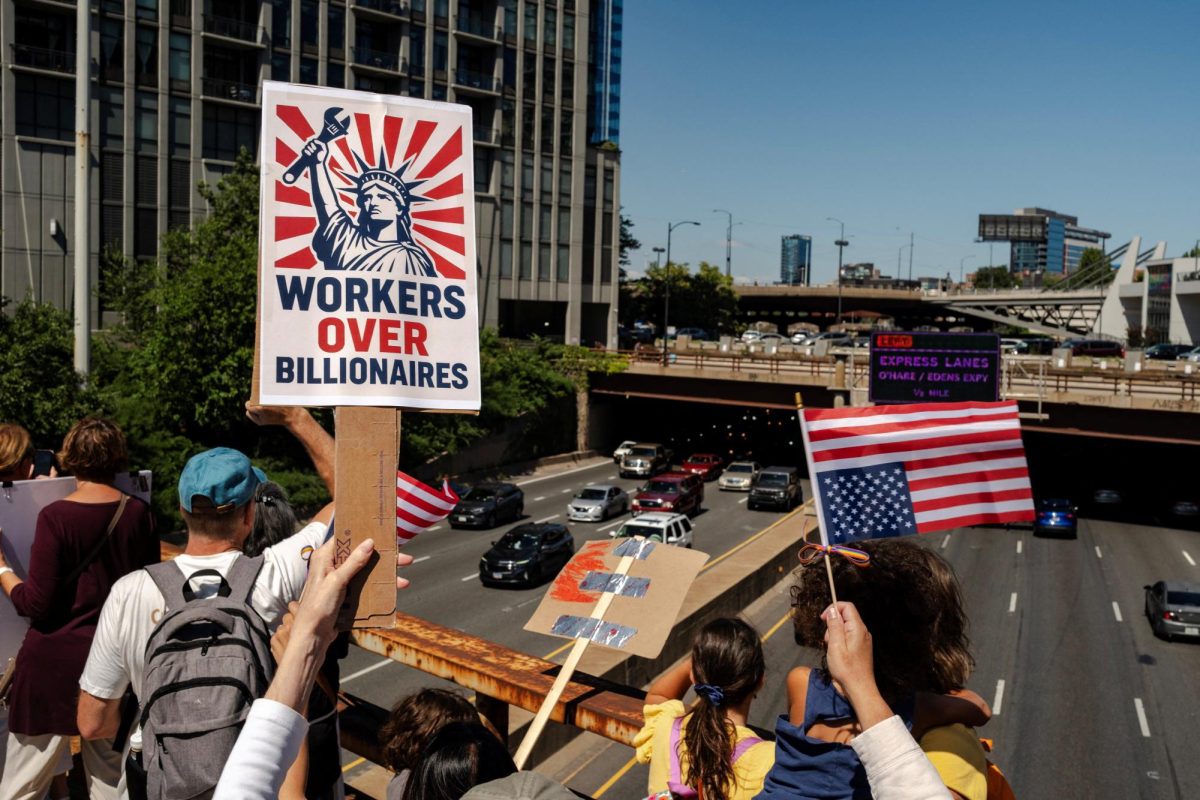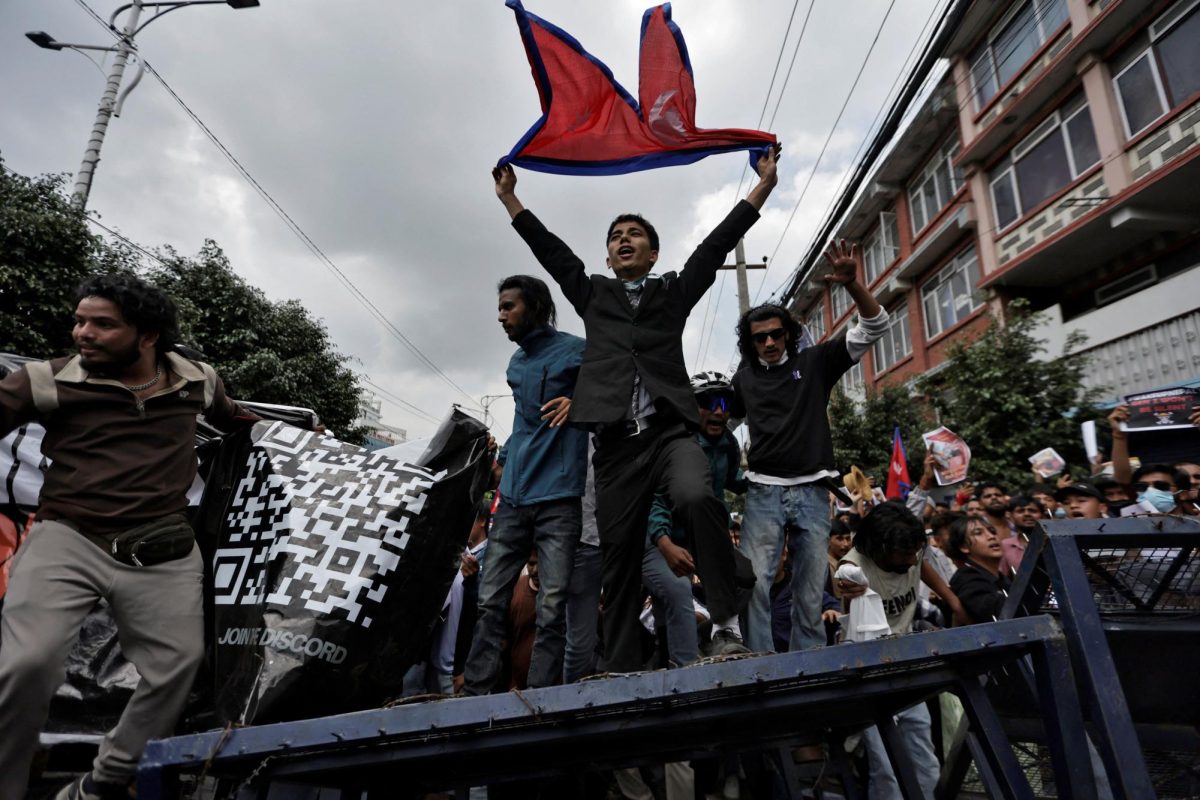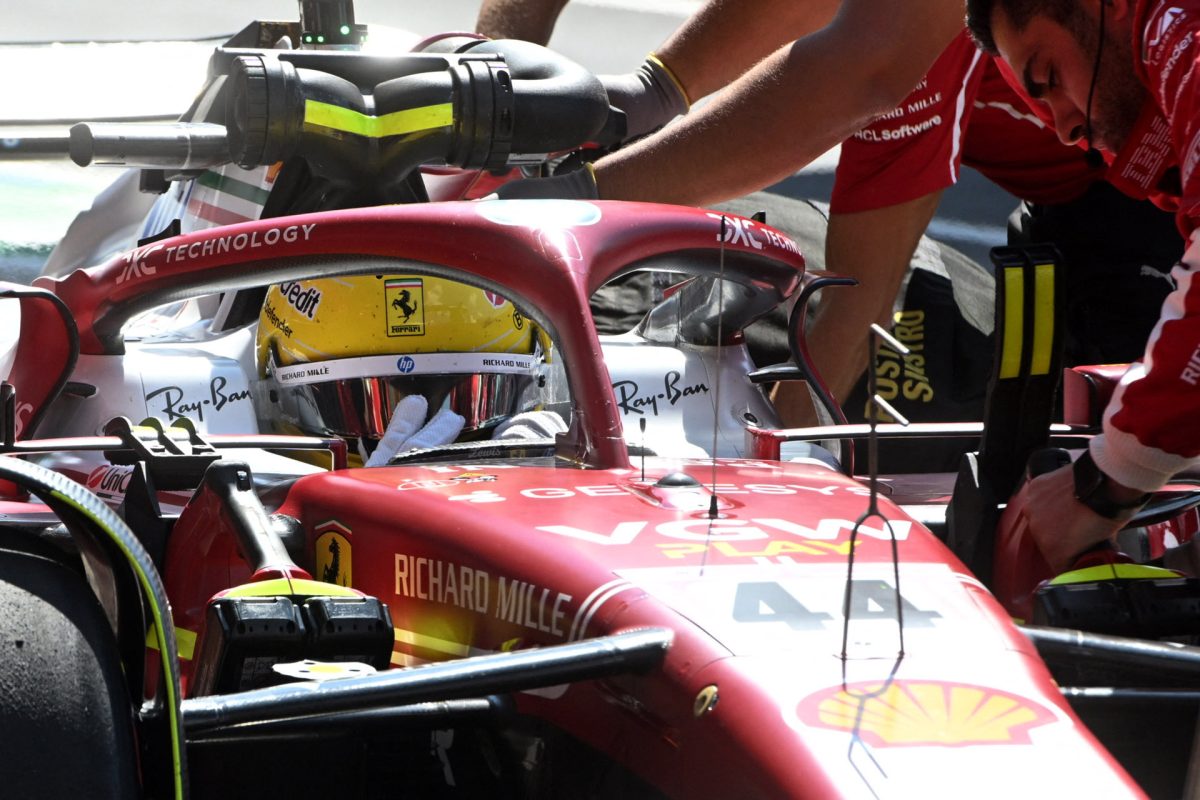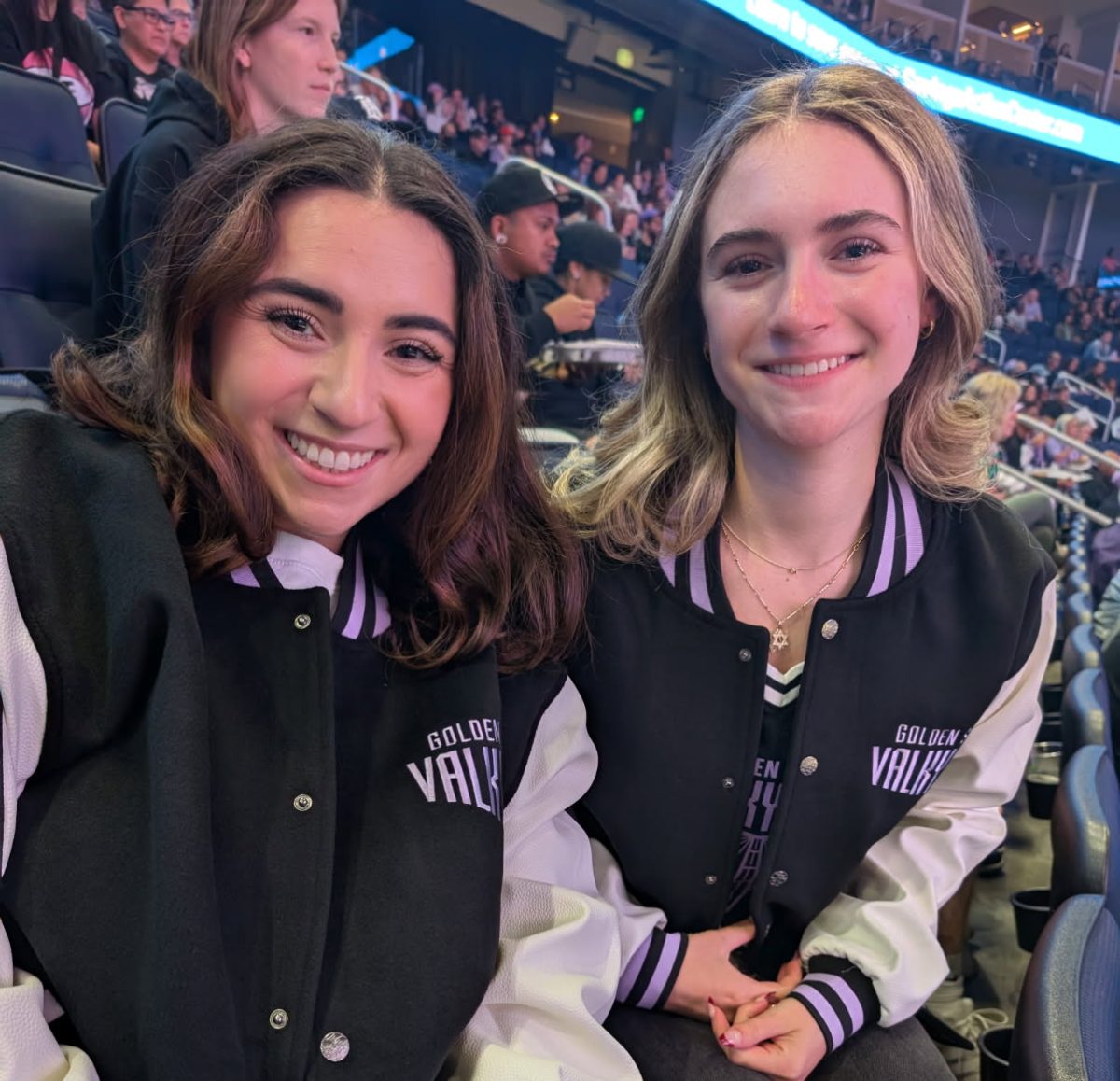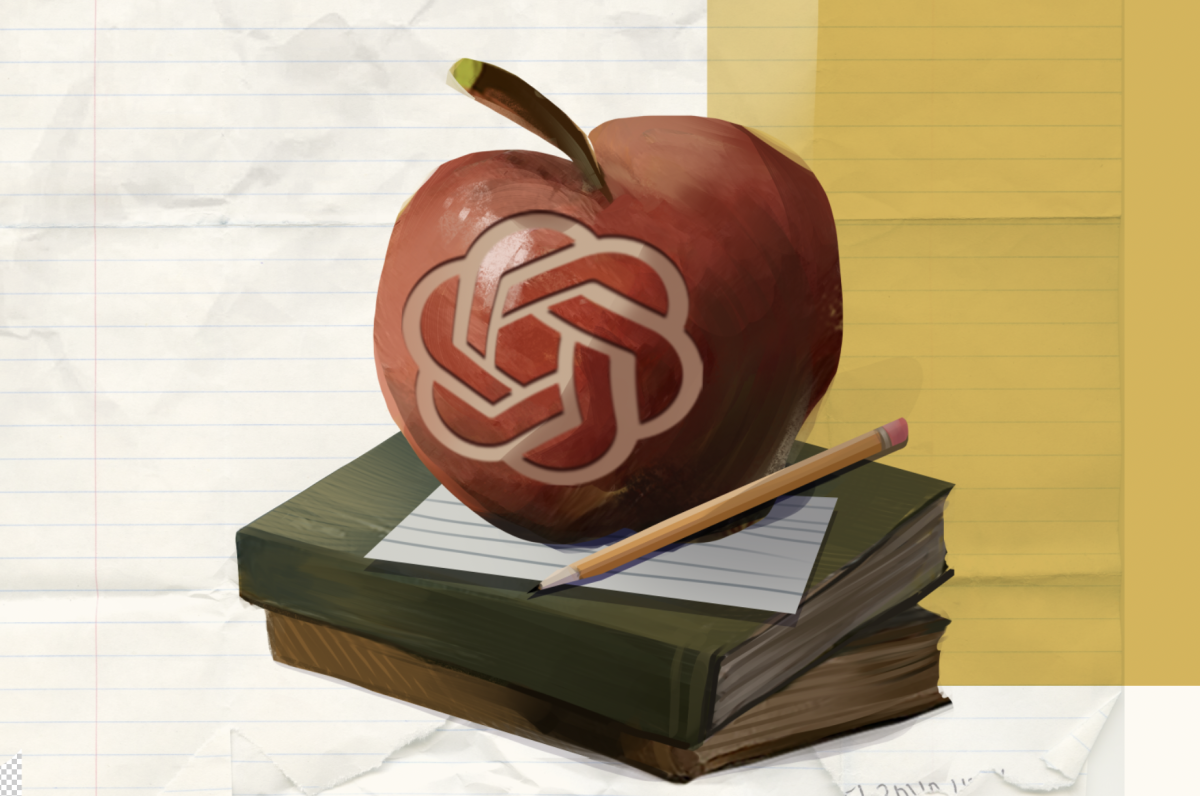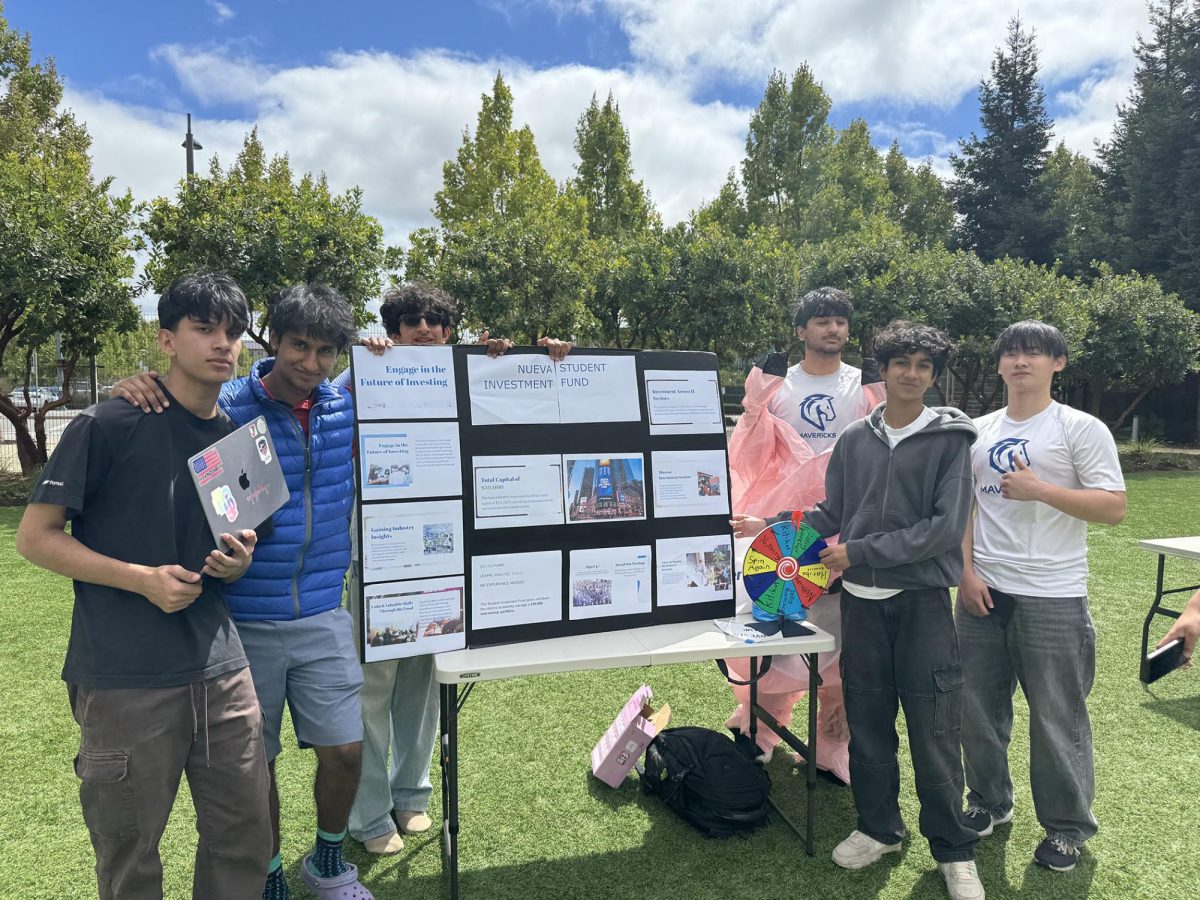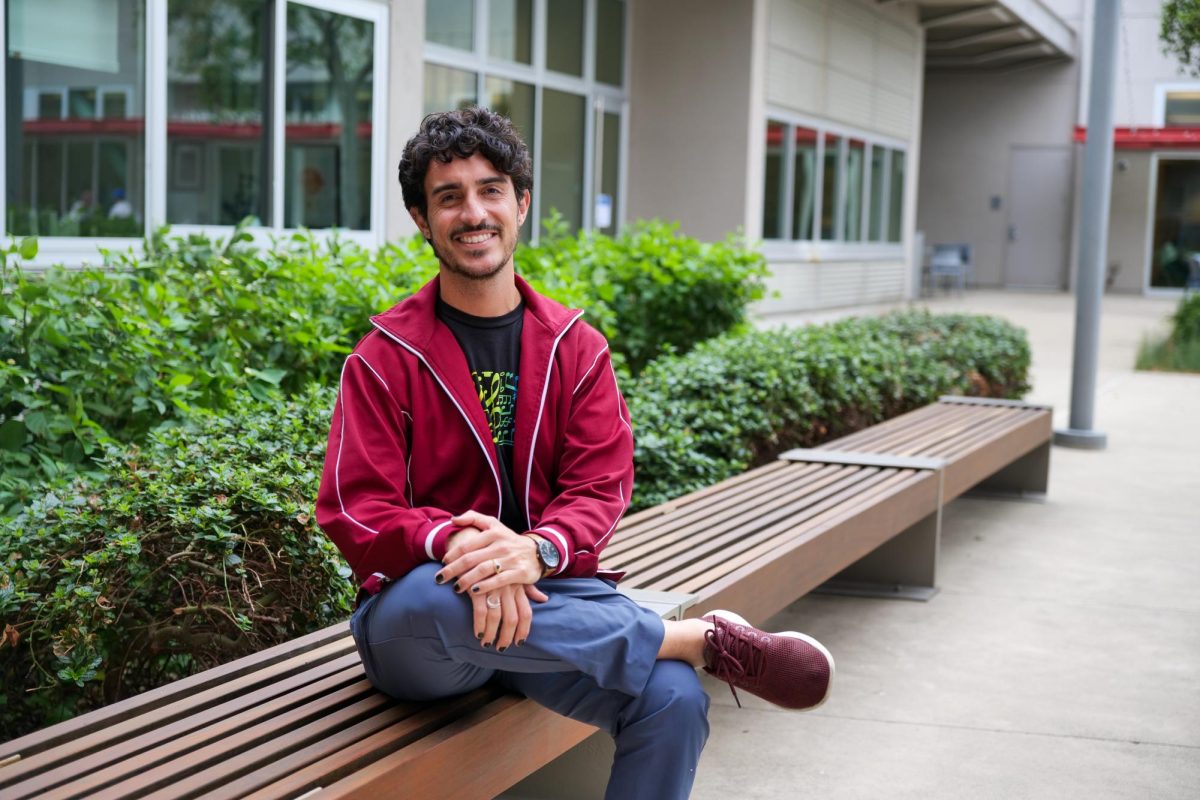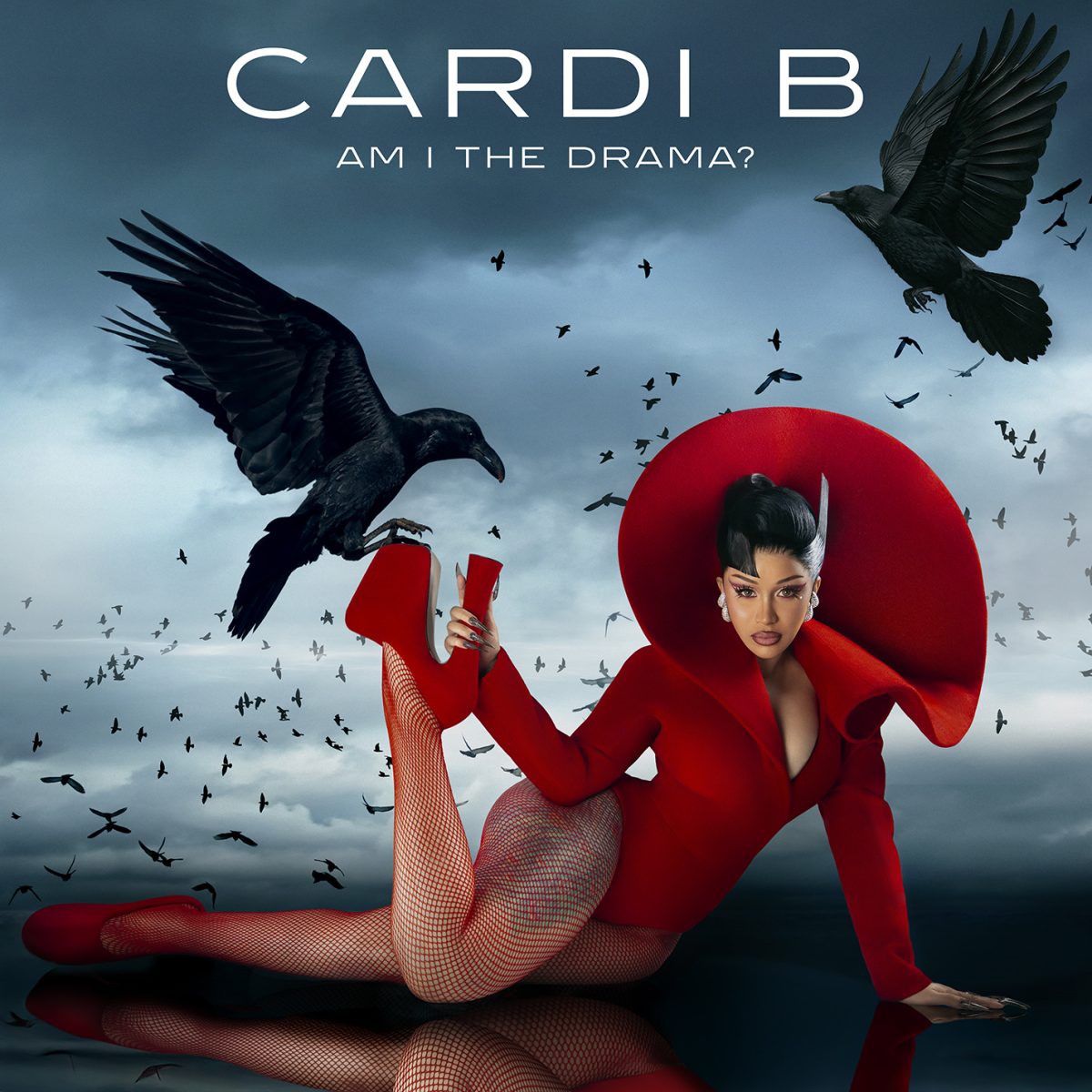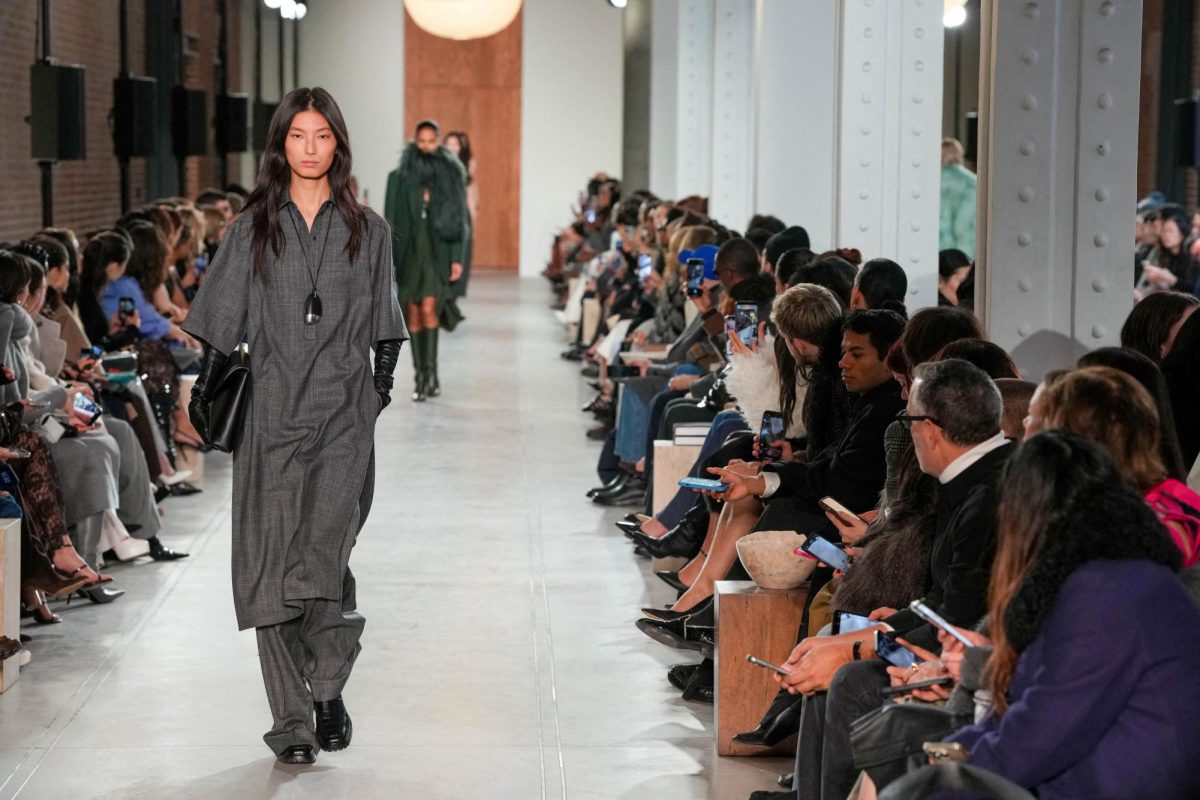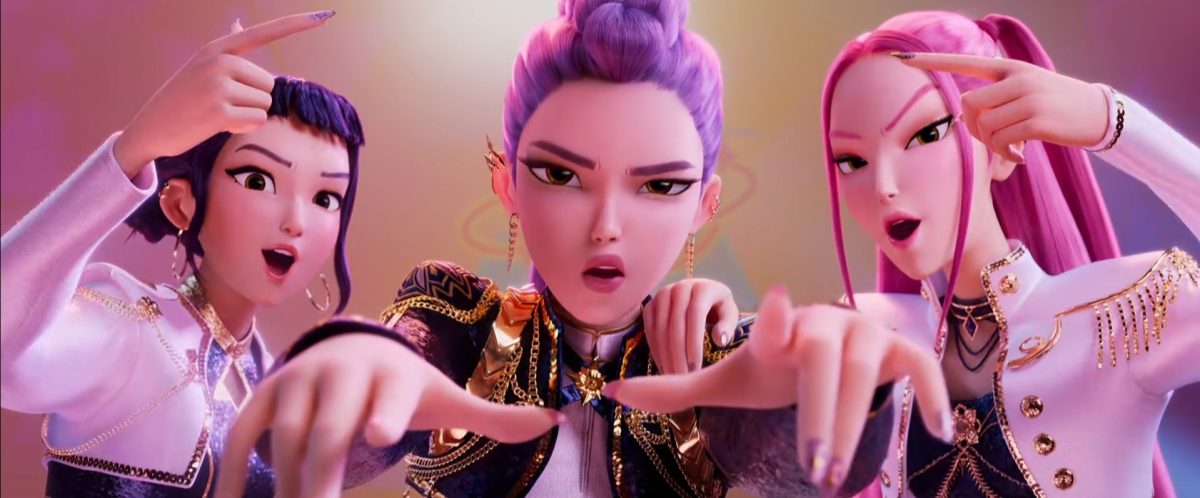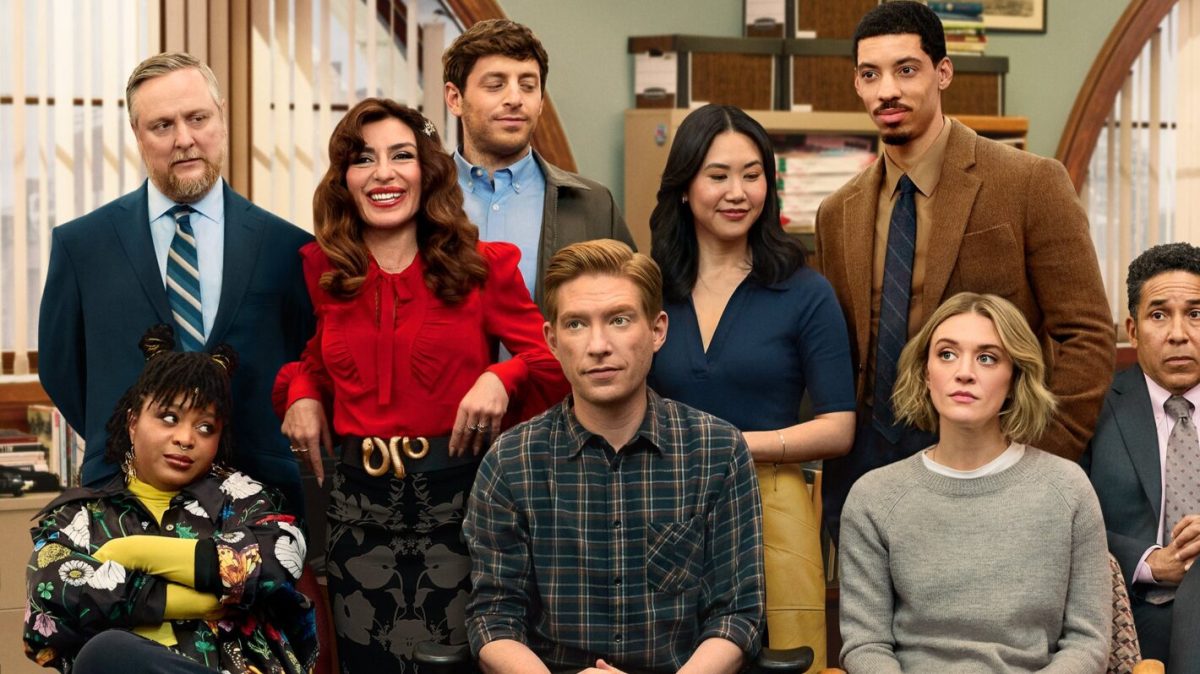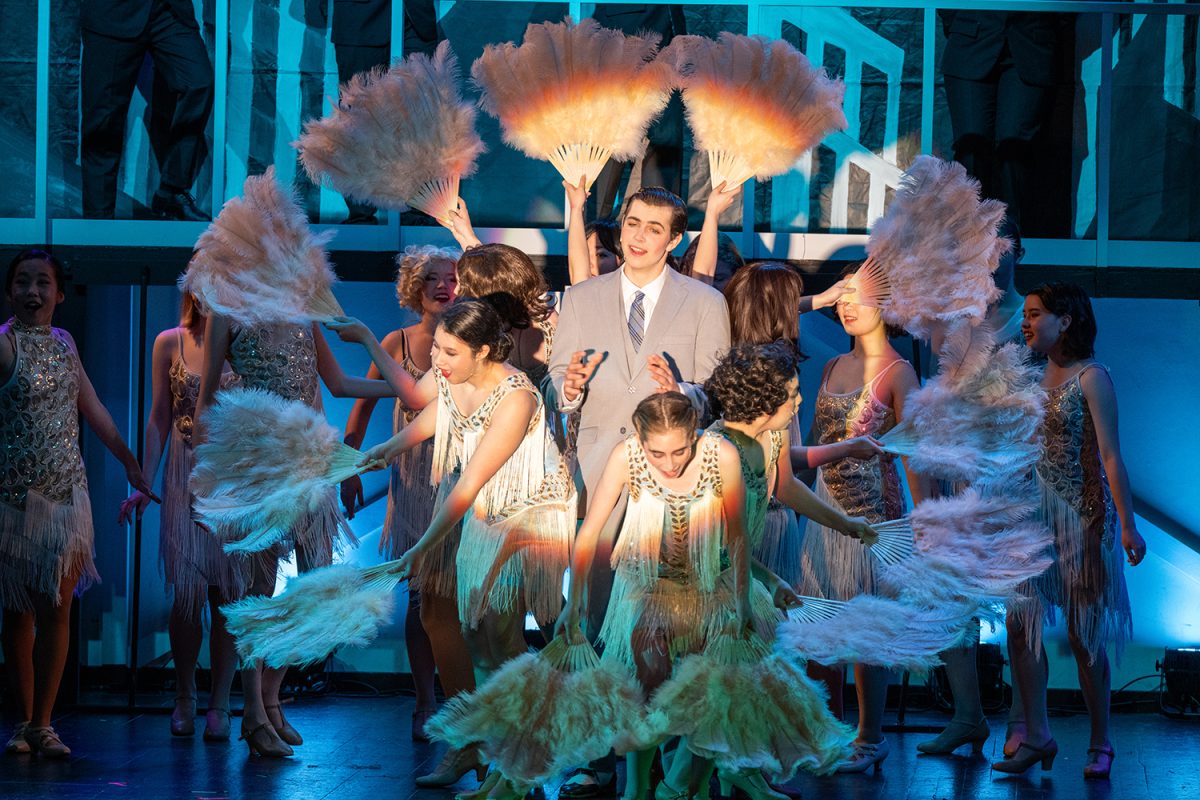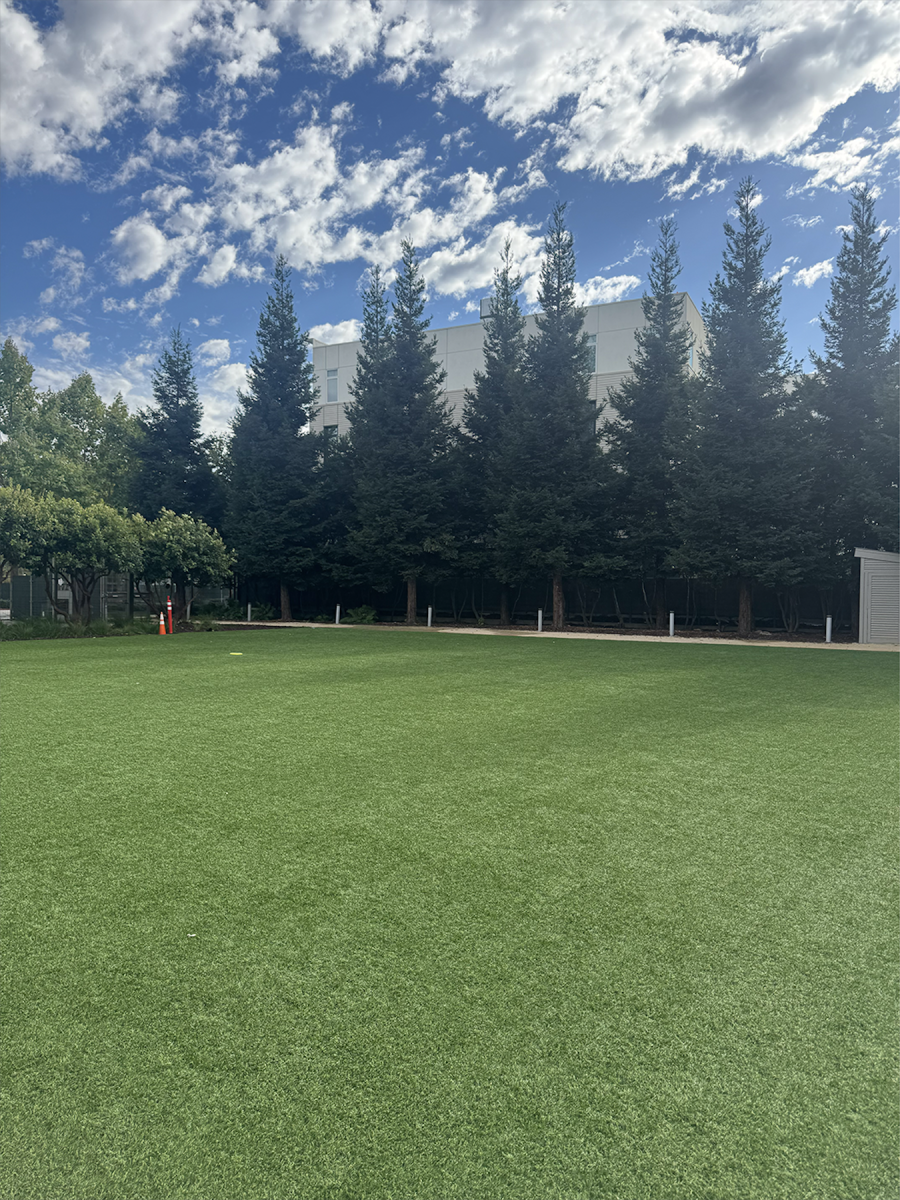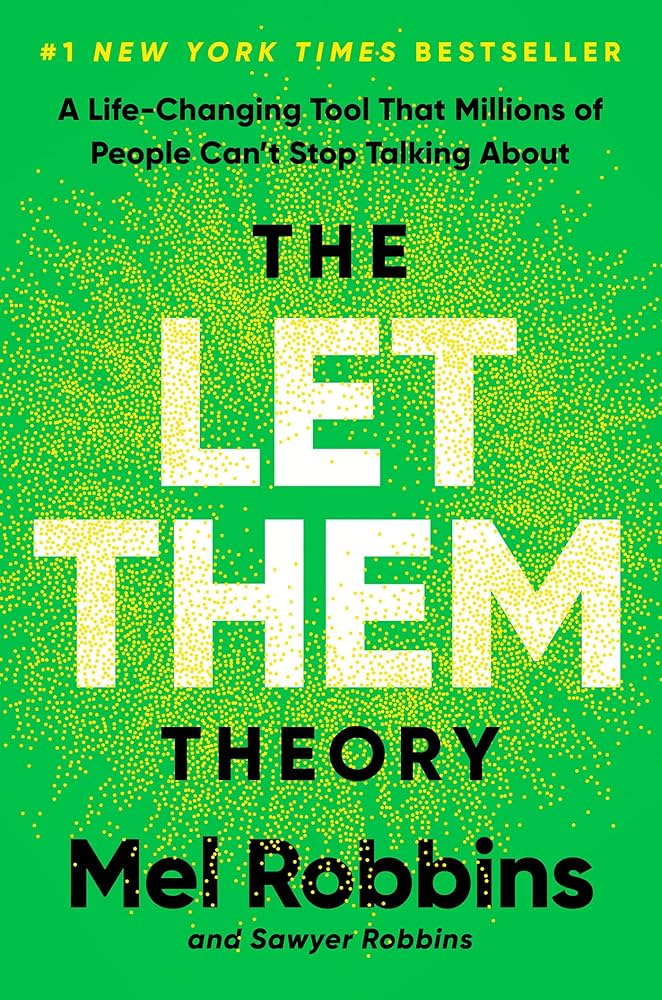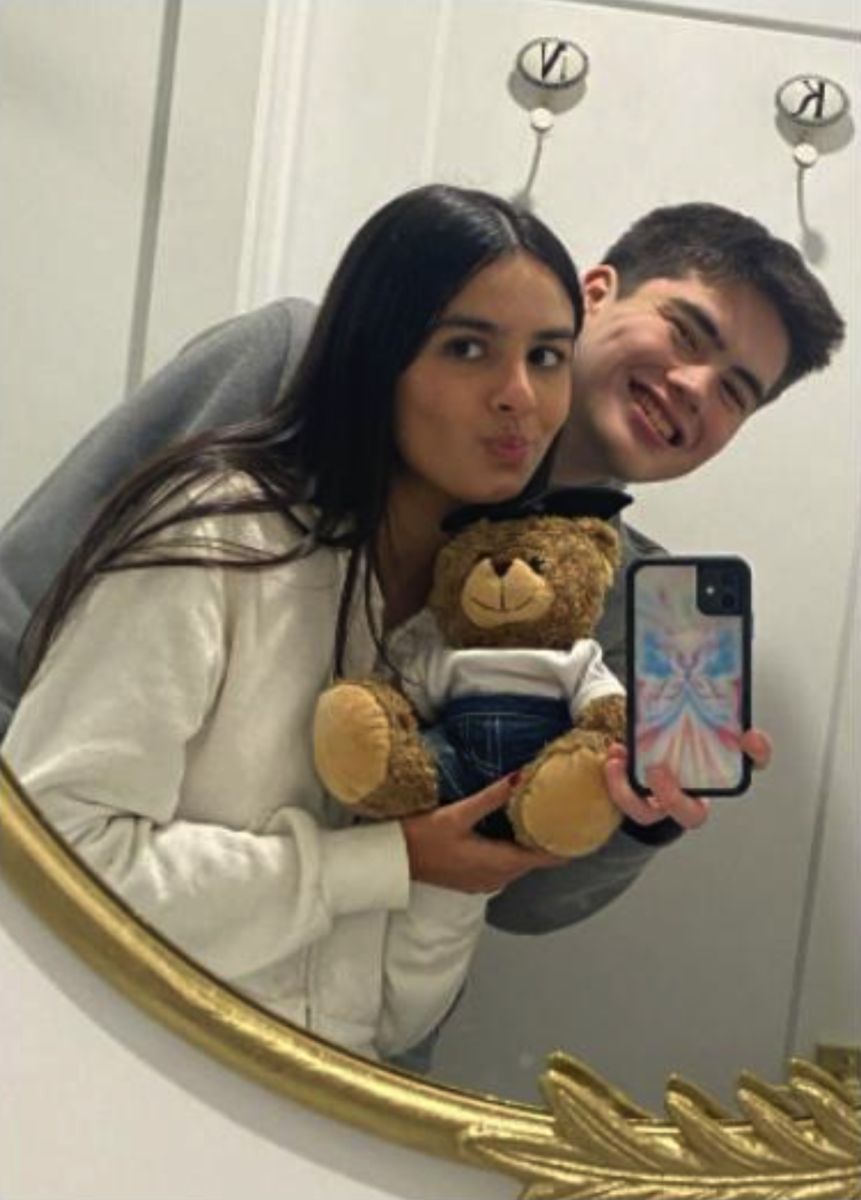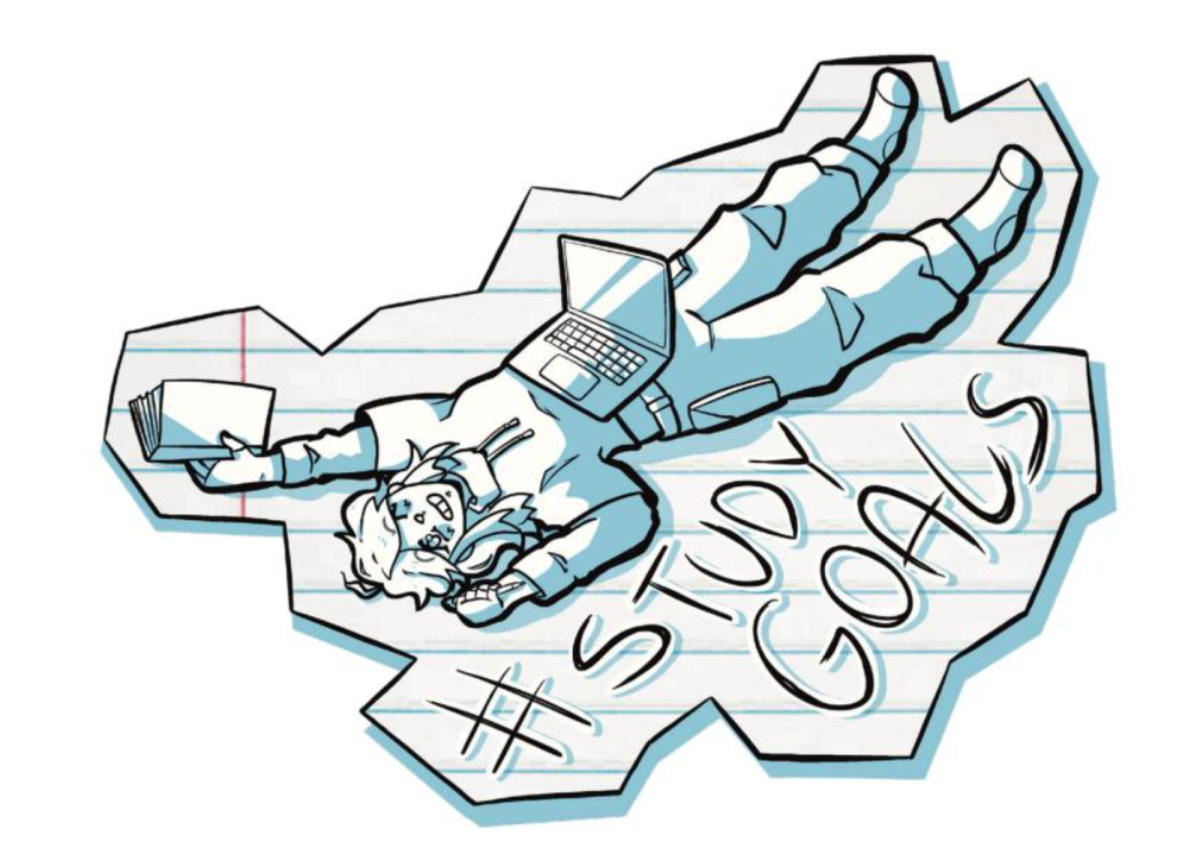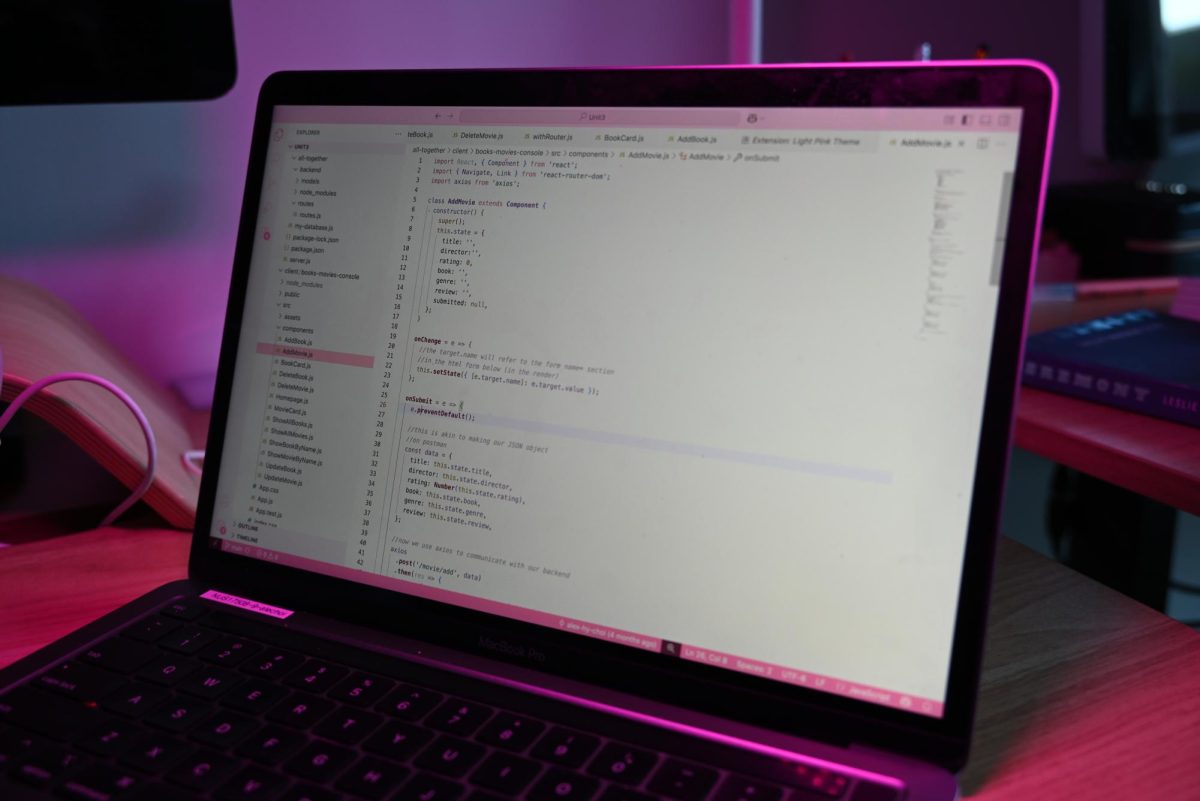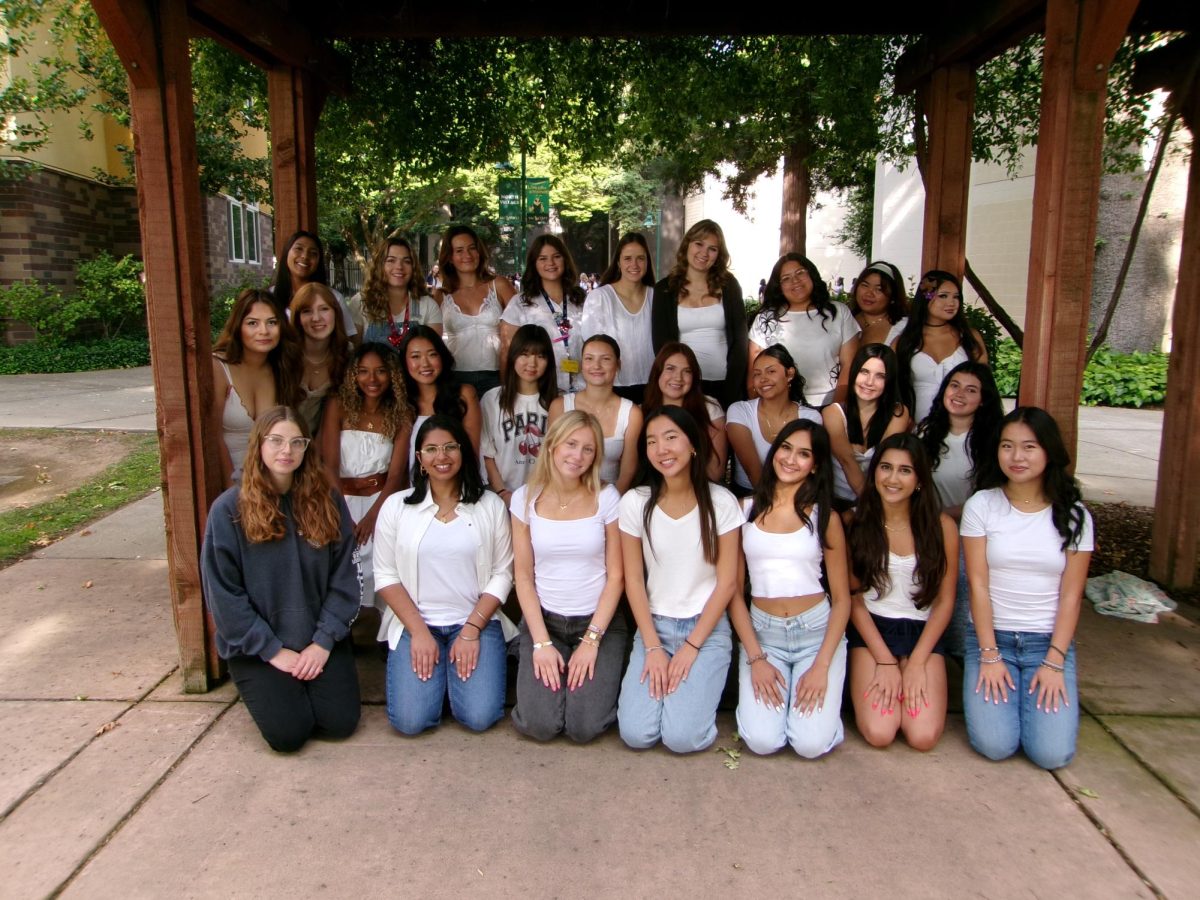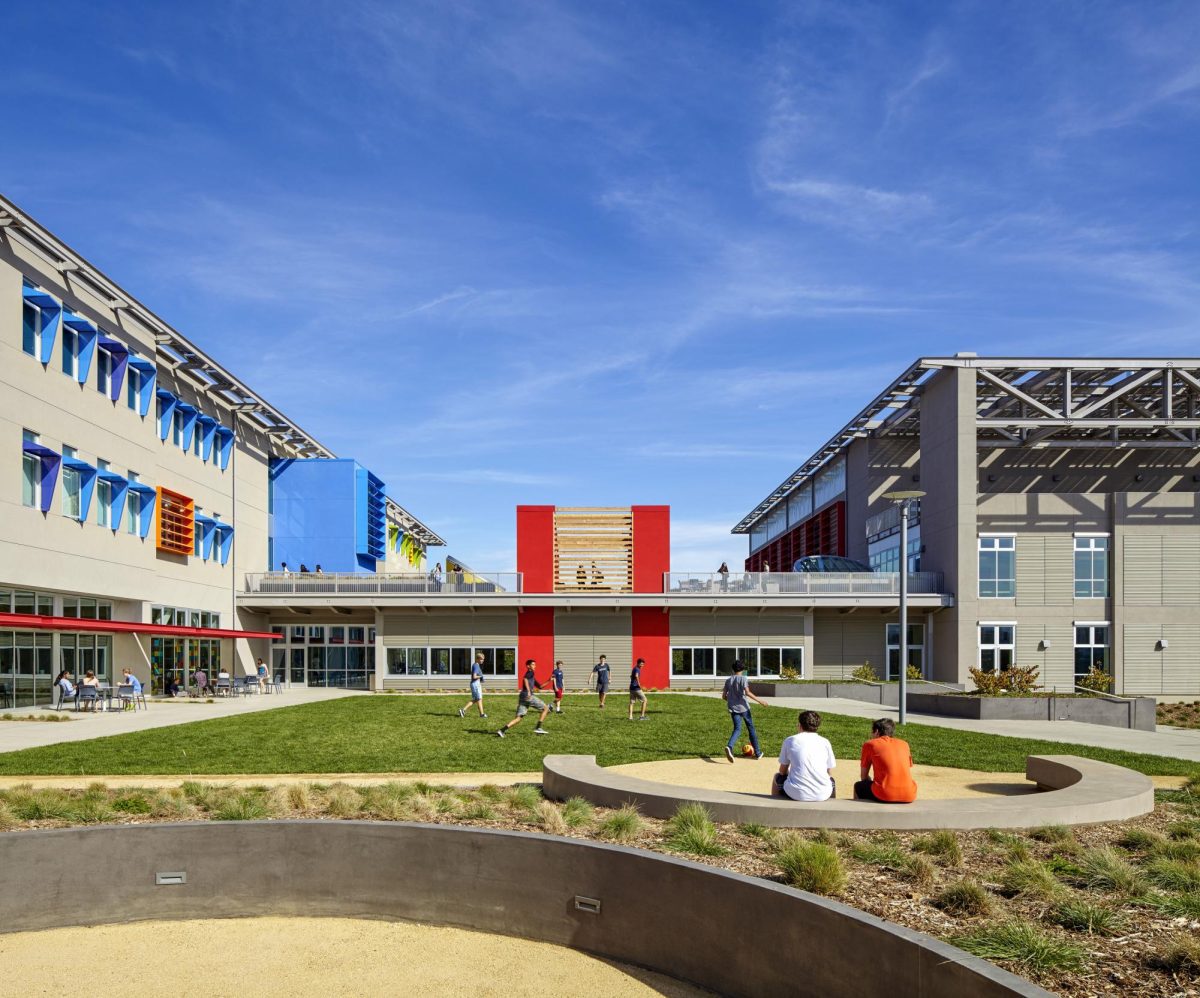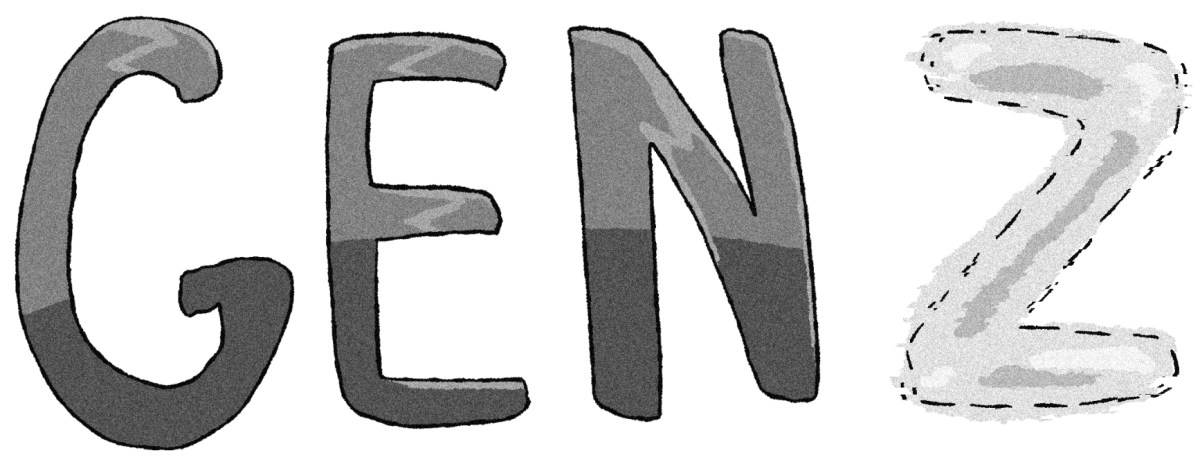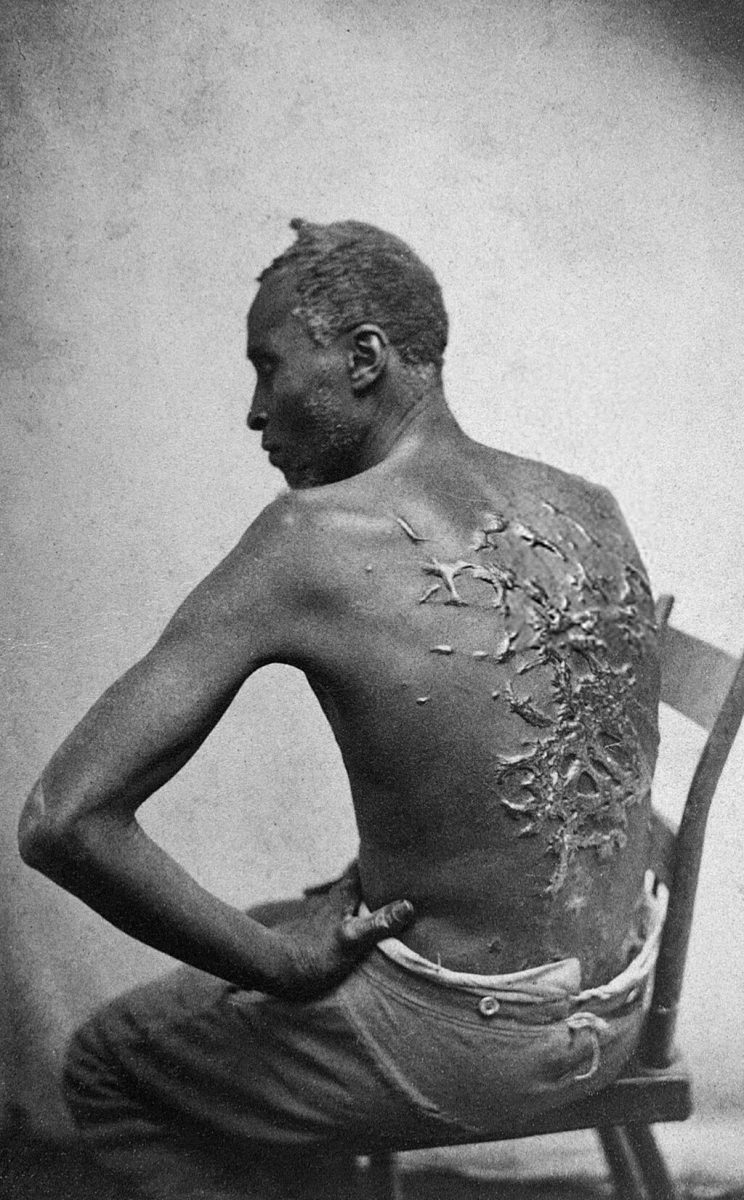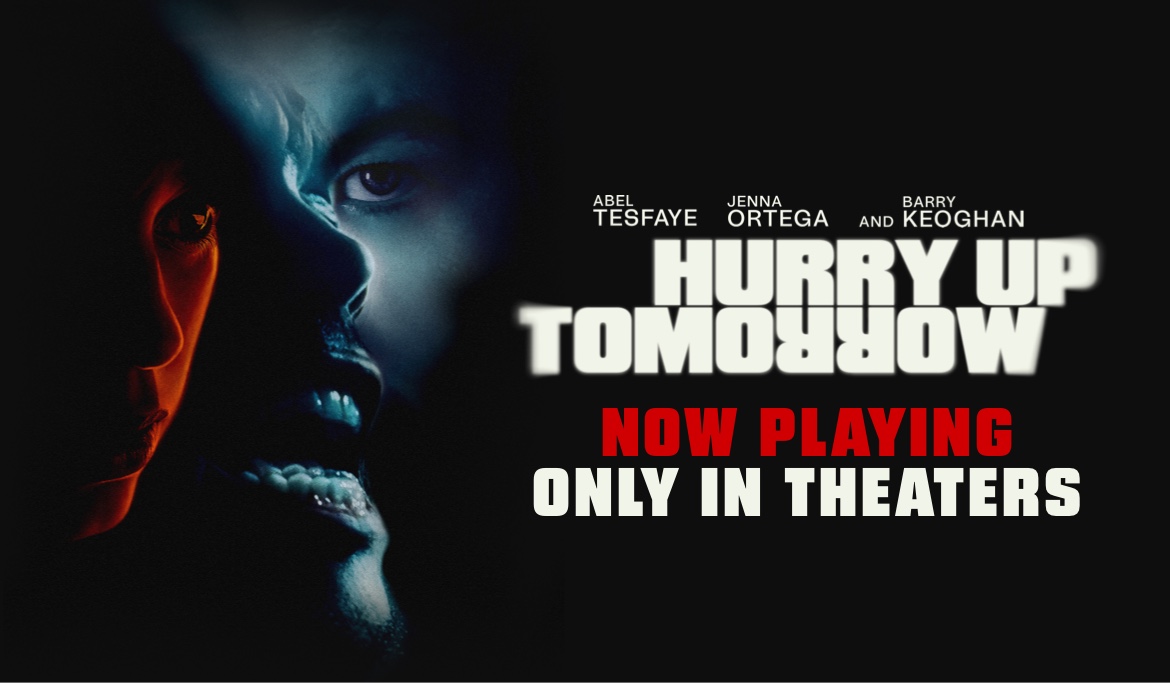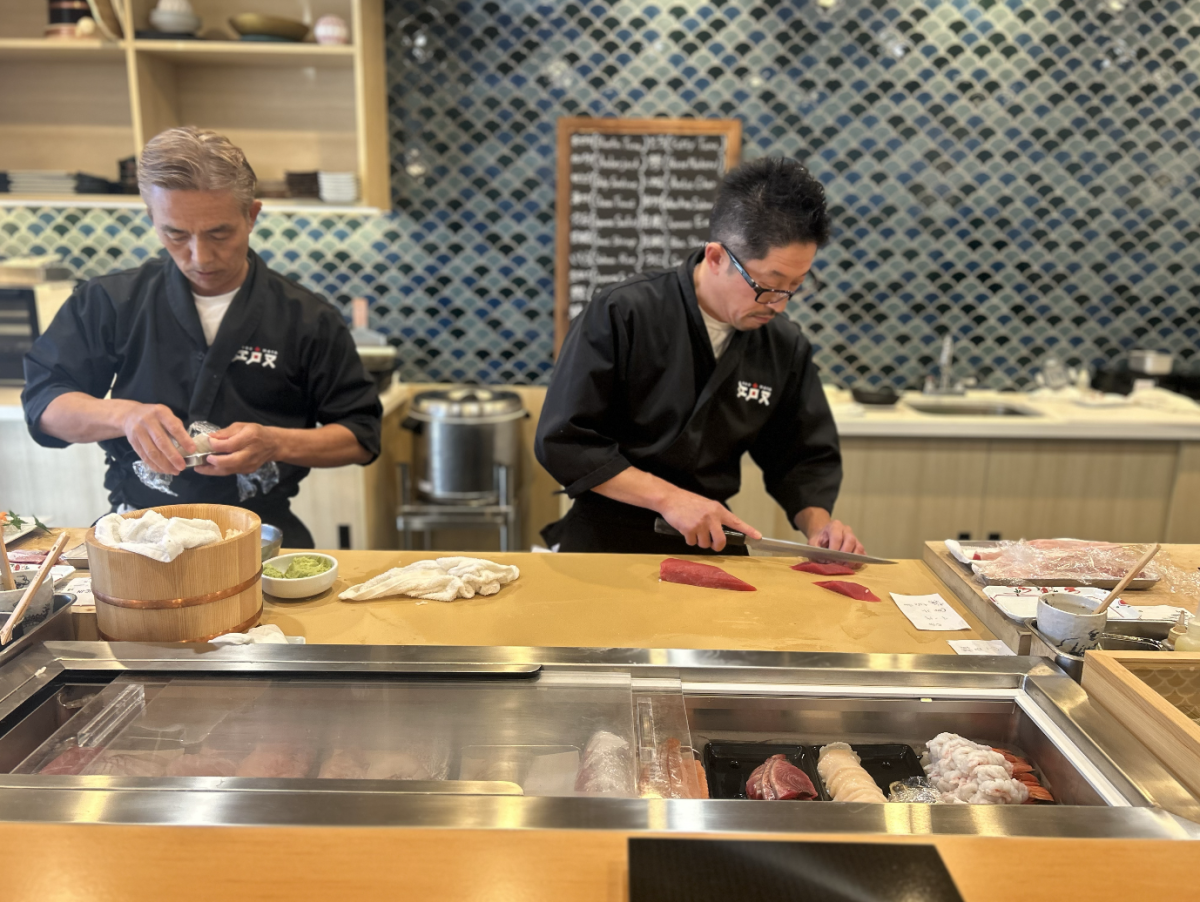Behind the glitter and demons of KPop Demon Hunters lies a bigger question: Can original animation survive?
Over the past two months KPop Demon Hunters has taken the world by storm, rapidly dethroning Red Notice as Netflix’s most popular movie of all time. The film follows a K-pop girl group of demon hunters, who fight a rival boy group—of demons, of course—in a battle-of-the-bands setup.
Before I watched KPop Demon Hunters, I was skeptical of its cheesy name and hyper-kids-friendly exterior. But, the movie was dominating my social media, and when I witnessed an unprecedented demon hunters-centric obsession overtake everyone around me, I figured I would give it a shot.
Instead of the shallow kids movie I initially expected, I was met with loveable characters and songs that would be stuck in my head for weeks to come. But, above all, I was struck by the amount of passion and artistry apparent in the film: the movie is ripe with zingy, expressive animation and bright colorful characters whose intricate designs draw inspiration from Korean folklore. The film dazzles with gorgeous color palettes, clever framing, and sharply-drawn characters. As an artist myself, I can feel that every artistic choice is absolutely intentional, and I greatly admire the stunning creativity of this film.
While some plot points feel cliché, each beat of the movie seems to pay homage to classic k-drama tropes, parodying them in a self-aware manner that makes a baseline admiration for the genre apparent.
Beyond an endearing narrative, Kpop Demon Hunters felt unique in an otherwise stale landscape of animated media. Frankly, I couldn’t believe that an animated movie in the year 2025 could still contain so much passion in it.
In recent years, authentic animated films like Kpop Demon Hunters have felt few and far between. Animated blockbusters have become a thing of the past: Disney has resorted to making dry and uncreative sequels—or original animations advertised so badly that no one ends up watching them.
Still, some animated films have impressed me with their boldly distinctive artistry, like Spider-Man: Across The Spider-Verse, Nimona, and Puss in Boots: The Last Wish. Each film had startlingly innovative artistic direction and took its own unique twist on the source material.
Kpop Demon Hunters has not only broken into the popular zeitgeist, but also has become a great unifier in modern animation. In a time where the world is becoming increasingly polarized and social media is making everyone more disparate from each other, we need original stories that everyone can identify with.
Unfortunately, it’s become undeniable that original animation is dying. Animators are getting laid off under the looming threat of AI image generation, and even Kpop Demon Hunters itself was forced to fit into a 90-minute runtime—much shorter than had been originally planned.
Kpop Demon Hunters has made it clear that us audiences—artists or not—want more original, passionate, animated films, and I sure hope studios can see that.
